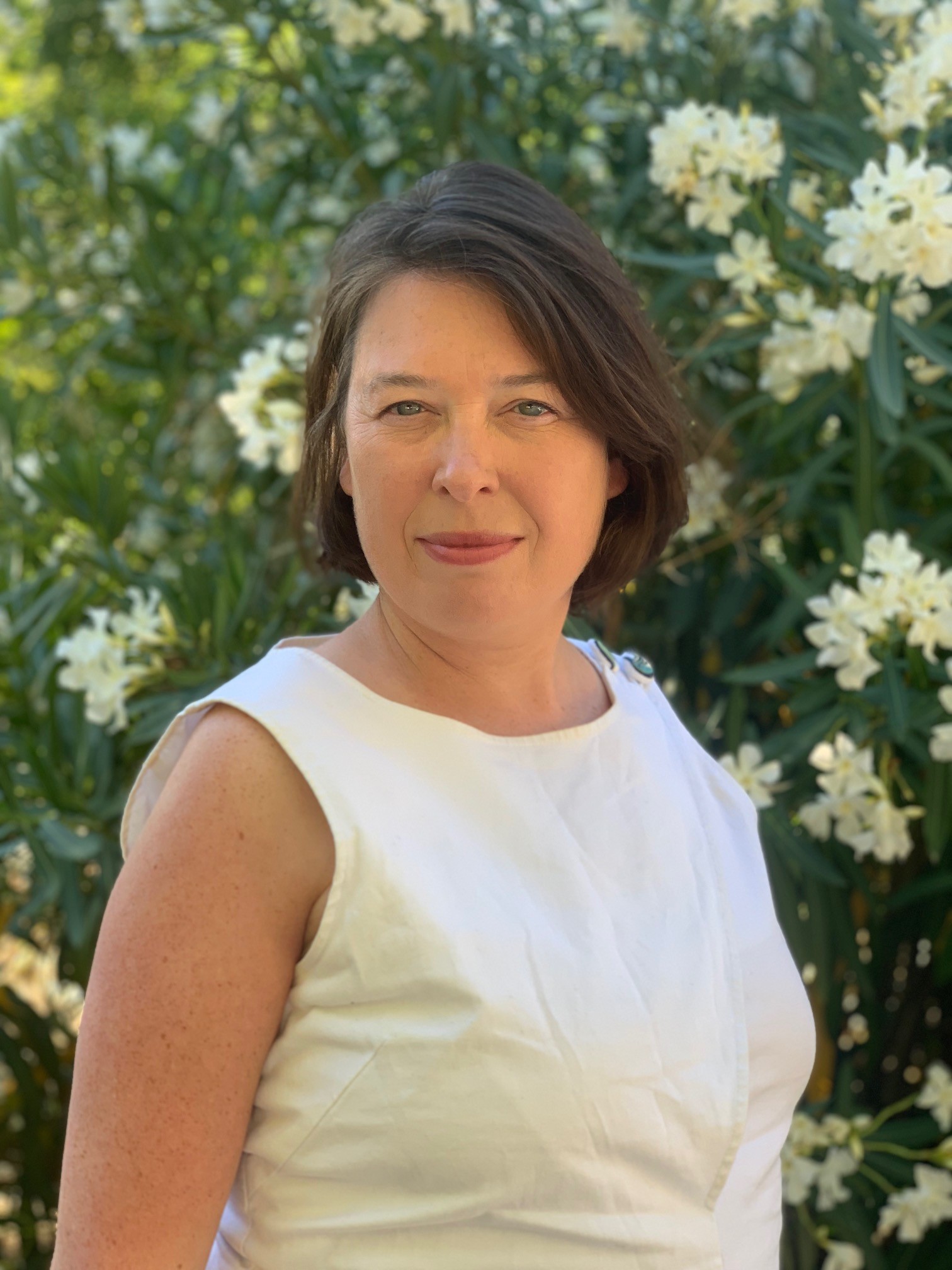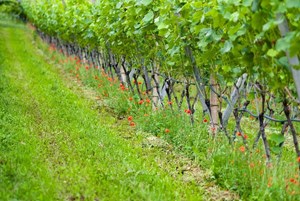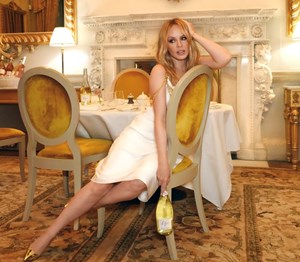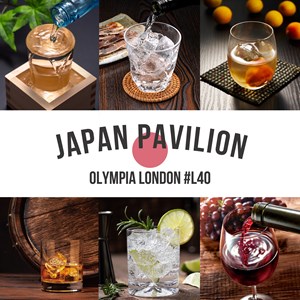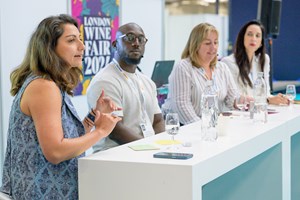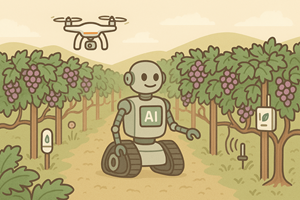Specialists in sustainability strategy and communication, the Impact Focus team will work alongside the LWF to shape the event’s sustainability practices and how it can lead the wider agenda.
The LWF Times interviewed Impact Focus’ Founder and Sustainability Communications Strategist, Rosie Davenport, about why the wine industry should be leaders in global sustainability.
Q: Why should the wine industry take a leadership role in sustainability?
Wine isn’t just another pile it high, sell-it-cheap FMCG category – it has a deep connection to the land, climate and communities. All three of these are at risk with climate change unleashing a barrage of rising temperatures, drought, floods, unexpected weather and soil degradation. No where are these effects felt more acutely than in the vineyard and wineries are having to adapt to survive. If any industry understands the urgency of environmental stewardship, it’s wine. This gives the category a unique position to lead not only by necessity, but with credibility.
Q: Many producers are already doing the work. What’s missing?
Communication. A lot of wine businesses are making meaningful changes, adopting regenerative practices, rethinking packaging, engaging with communities. However, these efforts often remain invisible. Through fear of greenwashing or creating a consumer backlash, producers miss the opportunity to tell their story. There is also a tendency for brands to talk in vague sustainability claims or in overly technical language that leaves shoppers confused. Sustainability communication is about clear, consistent and accurate messaging, backed by robust data.
The good news is that brands getting it right are reaping the benefits with commercial partners and consumers, who want to buy brands that are prioritising sustainability and communicating their actions.
Q: What are the biggest challenges for wine producers trying to improve their impact?
One challenge is knowing where to focus: energy, water, transport, packaging, ethical labour, there are so many considerations. Building a clear roadmap, focused on the topics most material to your business is crucial.
Resource can also hold companies back, as many producers, especially smaller ones, don’t have dedicated sustainability teams or budgets. Another barrier we often see is about confidence. Producers worry about saying the wrong thing or not being “sustainable enough”. In reality, honesty and transparency go a long way. Sharing the highs and lows, not just the wins, builds trust and often sparks collaborations with likeminded companies facing similar challenges.
Q: And the biggest opportunities?
The opportunity is to lead by example and influence wider change. Wine holds cultural power. It’s a product people care about, talk about, and connect over. If the industry can tell a compelling sustainability story - rooted in place, people, and purpose - it can shift perceptions and set higher expectations for other categories. There's also a commercial opportunity: sustainability sells, but only if consumers understand what’s being done and why it matters.
Q: So, what does good look like?
It’s about aligning action and communication. Genuinely doing the work, committing to positive, measurable changes - and then talking about it in a way that’s honest and engaging. Not only does this elevate brand reputation, it also inspires others to take action, which, in turn raises the bar across the whole trade. Certification schemes can also help provide a framework for companies to follow as well as providing valuable third-party endorsement for marketing. The wine industry has an incredible range of sector-specific and regional certifications which producers can explore in addition to global movements like B Corp.
Q: Why are you excited to collaborate with the London Wine Fair as our Sustainability Partner?
Succeeding in sustainability is all about collaboration. The drinks industry has a golden opportunity to harness its work in sustainability as consumers, retail customers and investors increasingly seek brands with clear, well-communicated goals.
We're excited to be working with the LWF team, visitors, exhibitors and other stakeholders, and to be part of creating a more sustainable event and accelerating change across the industry.
